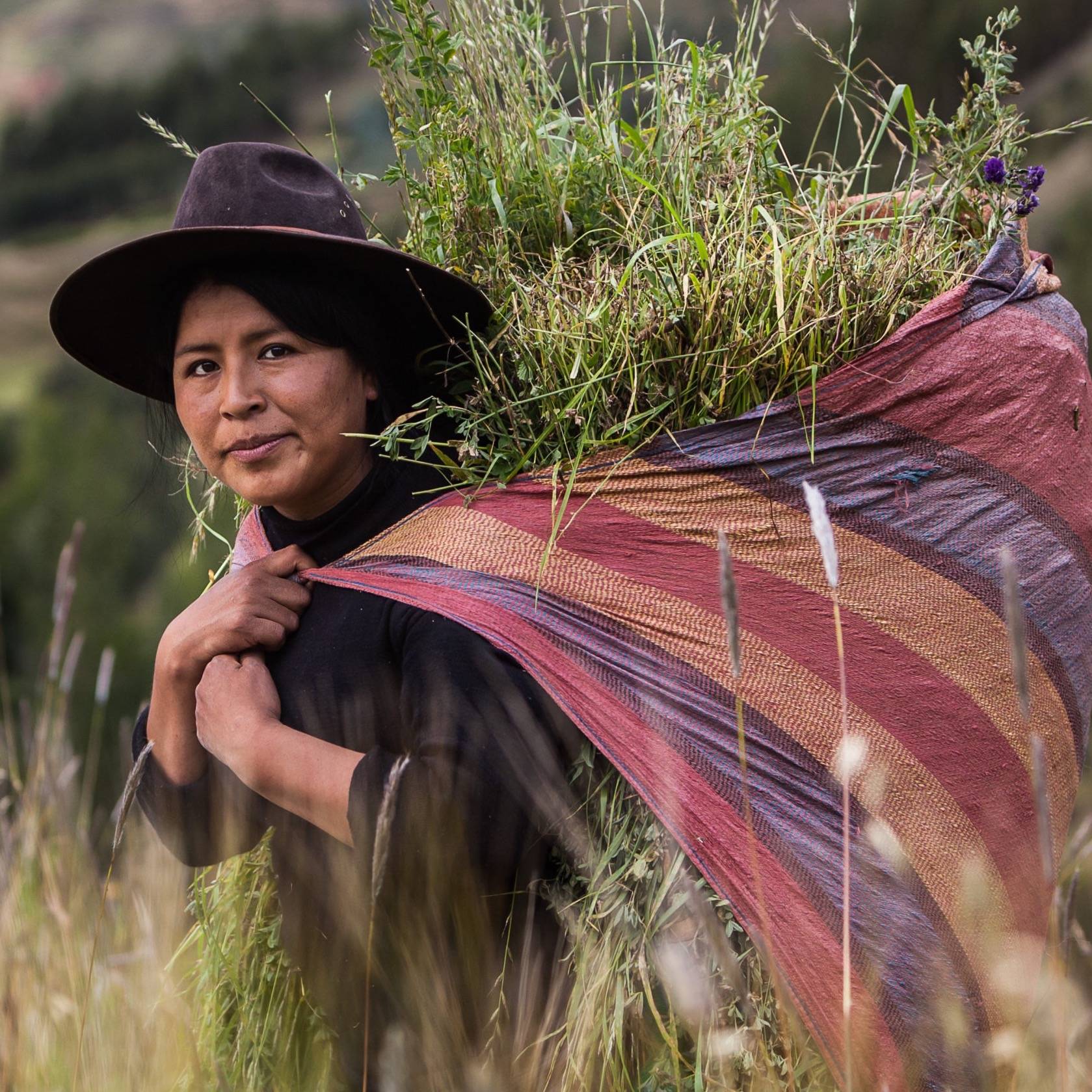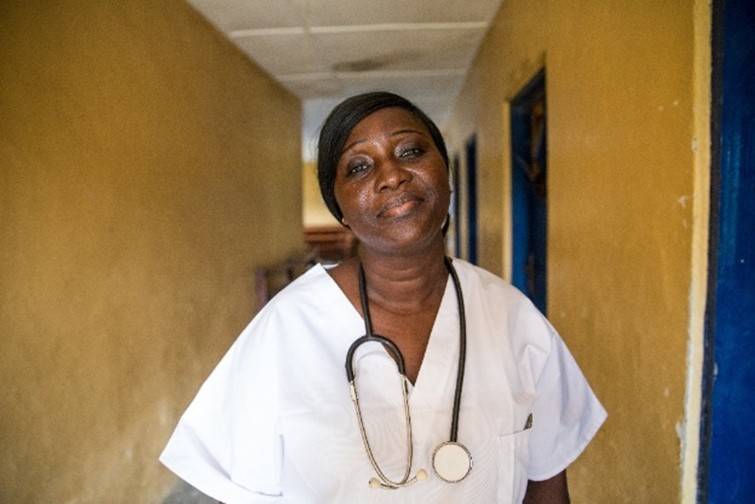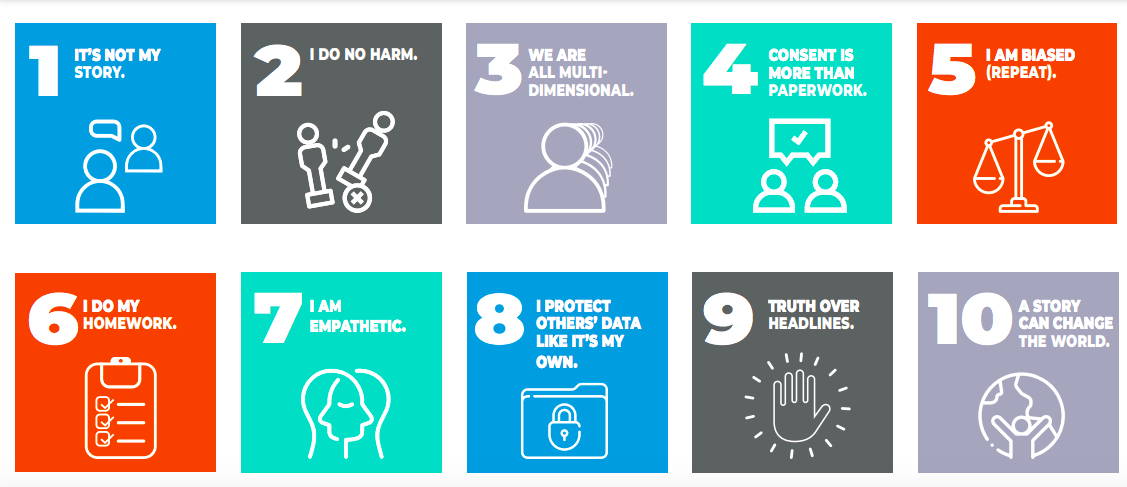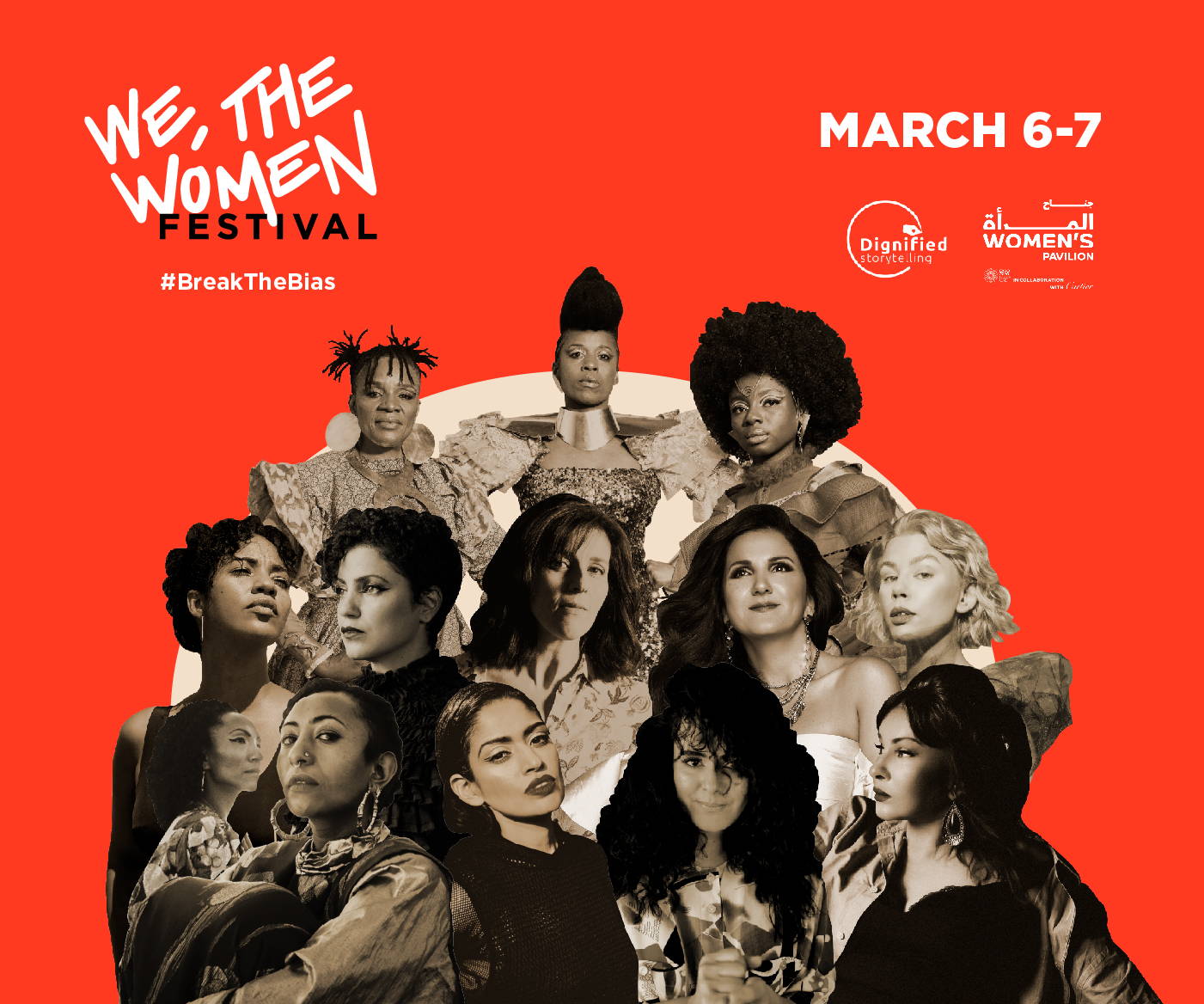
©Esteban Tapella Incas Heritage Cuzco Peru
For True Equality We Need To Recognise Bias
How an innovative new platform called Dignified Storytelling is equipping the world with the tools it needs to #BreakTheBias
By hannah rochell
2 march 2022
We’ve all been involved in storytelling since we were children; whether it was being read to, singing nursery rhymes or drawing pictures, these stories shaped how we viewed the world. As adults, storytelling plays an equally important part in our perspective of the planet and the people who live on it, but in a digital age, are we hearing the right stories, told in the right way, by the right people? And does the need for clicks or financial gain affect not only the truth of the stories we read, but accentuate some of the very biases we need to eradicate if we are to achieve equality by 2030?
For this year’s International Women’s Day, a collaborative platform called Dignified Storytelling is hoping to #BreakTheBias by encouraging us all to be aware that stories aren’t always told in a way that benefits the protagonist or the issue at hand. However, when told with dignity, stories can connect us across different continents, raising awareness about issues, allowing us to feel empathy for them and ultimately, giving us the power to make change for the better. The aim is for us all to use and consume storytelling that is grounded in deep respect, full transparency and social responsibility.
To raise awareness, Dignified Storytelling is co-hosting alongside the Women’s Pavilion by Expo 2020 Dubai the ground-breaking WE, THE WOMEN Festival, the first ever women-led music festival in the Middle East featuring musicians, dancers and visual storytellers. The platform hopes that it will be able to spread the word about the importance of authentic storytelling and in turn, encourage creatives and organisations to use its guidelines on how to do so. Here, we find out more.

image: Save The Children/Dignified Storytelling
What is Dignified Storytelling?
Dignified Storytelling began life simply as an idea to give people guidance. ‘But then you put two people in a room and you start brainstorming for a couple of days and you realise there is more to do,’ says Ragy Saro, the Lead of Dignified Storytelling and Head of International Organisations at Expo 2020 Dubai. ‘So we started saying what are the available practices out there, what are the guidelines for best practices, and is there a need for this? And we realised that there is a need.’ The result is a handbook available in four languages - English, Arabic, French and Spanish - that outlines the ten principles all storytellers should follow in order to create their work in a way that is dignified to all people.
The 10 Principles Of Dignified Storytelling
Developed through consultations with storytellers and communication experts, the ten principles work together to define exactly what it means to put dignified storytelling to work. ‘We created them so that storytellers can adopt them and put them into practice,’ explains Saro. ‘They’re very open ended and easily adoptable.’ From acknowledging that you may be telling someone else’s story and how that needs to be respected, to avoiding stereotypes and portraying people as multifaceted, they serve as a checklist that all storytellers should follow when creating their stories.

More than a handbook
Dignified Storytelling has since evolved into a storytelling platform as well as a resource. ‘We came up with the conclusion that not only do we need to develop a handbook, but we need to develop a platform that can bring together storytellers and try to bridge the gap between the storytellers in the field and the policy makers,’ continues Saro. ‘The platform is open for storytellers and people who work with the storytellers; it could be a photographer or a journalist but it’s also the donor, it’s also the development agency that is appointing these people to do the job.’
Who Counts As A Storyteller?
As Saro points out, storytellers aren’t just writers; they are photographers, singers, digital creators. They might be the CEOs of brands or social media influencers; governments or NGOs. Any person or organisation who wants to get their point across to the world is a storyteller, so it’s vital that we try to ensure that everyone does this truthfully and without bias.
#BreakTheBias
Principle #5 - ‘I am biased (repeat)’ - encompasses this year’s International Women’s Day #BreakTheBias theme perfectly. Dignified Storytelling asks us to recognise that biases, stereotypes, social stigmas and power differences exist, whether we are aware of them or not, and whoever we are. As storytellers, or as the audience of stories, we all have specific lenses, both conscious and unconscious, that shape the way we interpret the story. Unless we all make the effort to acknowledge our biases, we won’t be able to make progress.

About WE, THE WOMEN Festival
Music is perhaps one of the most engaging ways to tell a story, and creating a woman-led line-up at a festival in Dubai is certainly an empowering one, too. ‘It is the first ever female-led music festival in the Middle East,’ says Saro. ‘We have ten phenomenal singers from all over the world. When we started approaching them they got so excited, not just because it’s International Women’s Day, but it’s the fact that we have a bold statement called #BreakingTheBias and that it’s the WE, THE WOMEN Festival. These artists are from diverse ethnic backgrounds from across wide ranges of genres and mediums and they’re delivering not just a musical performance - they’re here to tackle both invisible and visible barriers with women’s equality and empowerment.’ You can watch the festival online on March 6th and 7th here.
Feeling inspired? Whether you’re an individual or an organisation, you can take the pledge to be a dignified storyteller. You can also download the handbook here.